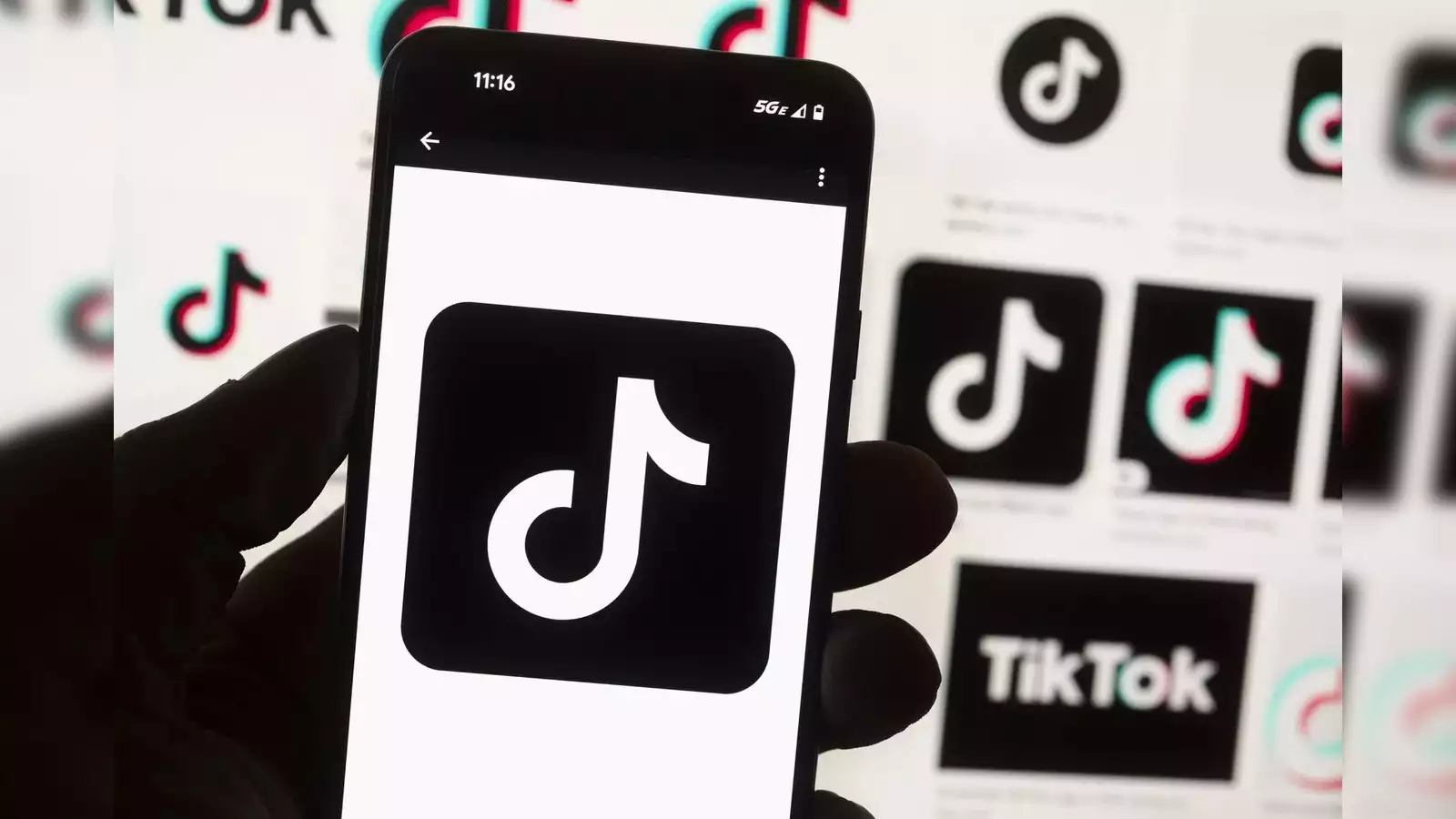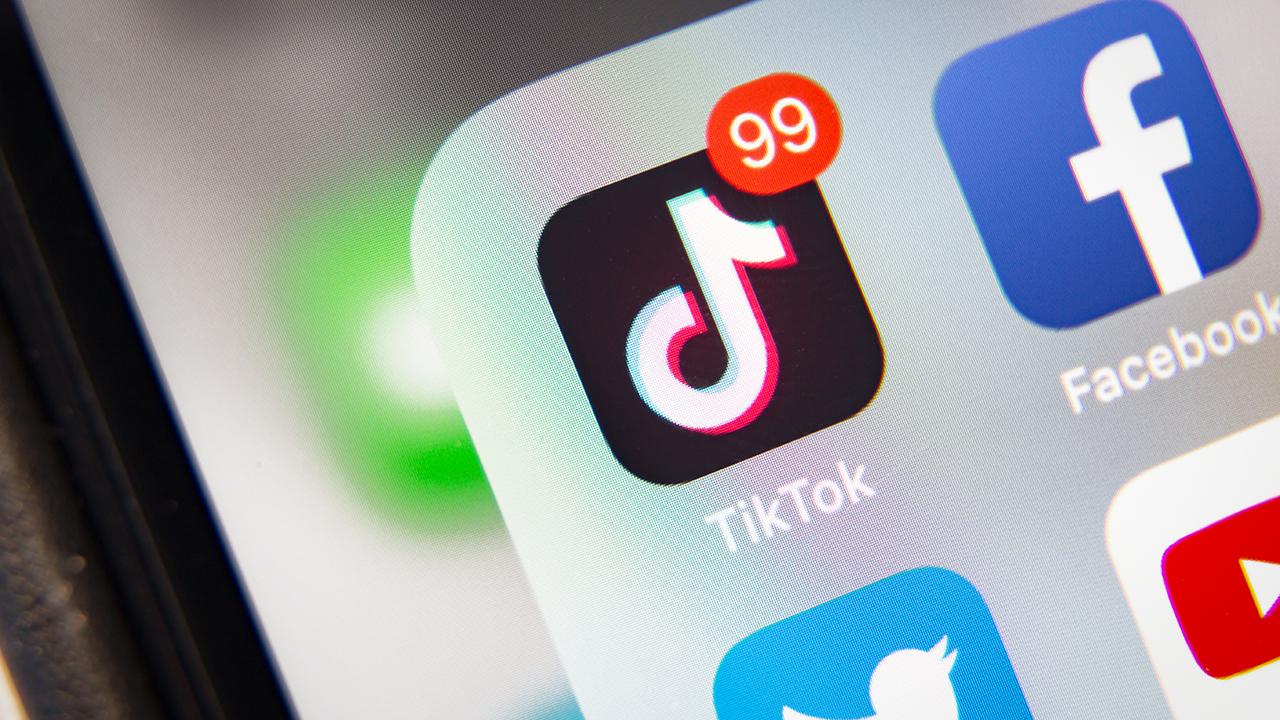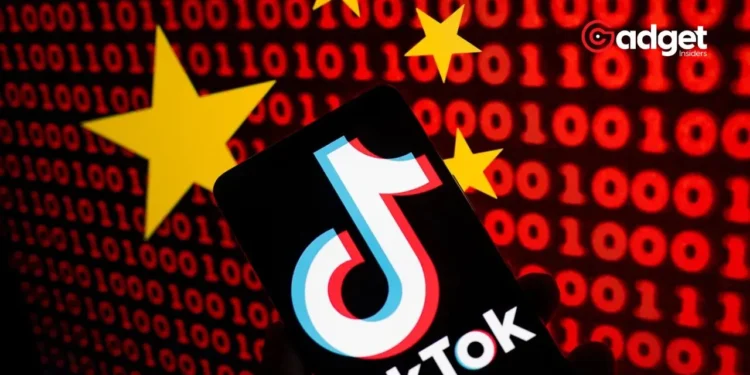TikTok, the app that started as a haven for teenagers to share lip-syncing videos, has morphed into a cultural powerhouse with a reach that extends far beyond its original, playful intent. Launched initially by Chinese entrepreneur Zhang Yimin in 2012 under ByteDance, and later merging with Musical.ly in 2017, TikTok has since catapulted to global fame, reshaping how content is consumed and created online.

However, with great power comes great scrutiny. The platform that brought us viral dances and transformed ordinary users into internet celebrities is now under a microscope, viewed by U.S. officials as a potential national security threat.
The journey of the social app’s rise and the subsequent concerns form a narrative that is as captivating as it is critical.
A Timeline of Growth and Government Scrutiny
TikTok’s algorithm, perfected to keep users watching, has seen the platform not only entertain but influence. In 2019, the breakout of Lil Nas X’s “Old Town Road” demonstrated the social app’s unparalleled ability to make hits go viral.
Yet, as the platform enjoyed explosive growth, it also began to attract the wary eyes of regulators.
FBI Director Chris Wray tells NBC about the major national security risks posed by TikTok and its relationship to the Chinese Communist Party.
That isn't stopping the Biden campaign — which is still a prolific user of the Chinese spyware app. pic.twitter.com/pWt1QO5do3
— RNC Research (@RNCResearch) April 23, 2024
In 2019, suspicions about the platform’s data handling practices started to surface, particularly regarding content moderation and the absence of certain politically sensitive topics like the Hong Kong democracy protests or Tiananmen Square.
U.S. lawmakers raised alarms, calling for investigations into the company’s acquisition of Musical.ly and its broader implications on national security.

The Clash with U.S. Policy
The tension reached a peak under President Donald Trump’s administration, which in 2020 made bold moves to limit TikTok’s operations in the U.S., citing risks of Chinese espionage.
These concerns were not quelled by the subsequent change in administration; President Joe Biden, while initially pausing actions against the social app, has now signed legislation demanding that ByteDance divest TikTok’s U.S. operations or face a shutdown.
The scrutiny of the company culminated in a dramatic 2023 when CEO Shou Zi Chew faced a grueling six-hour congressional hearing, defending the platform against accusations of being a tool for Chinese government influence.
The Future of TikTok Under Biden’s Legislation
As of now, the future of TikTok remains uncertain. With President Biden’s recent signing of the bill requiring a sale or shutdown, the platform’s fate hangs in balance, dependent on legal battles and potential compliance with new ownership structures.
This move not only impacts the company but also sets a precedent for how foreign technology is treated on American soil.

As TikTok navigates these turbulent waters, the world watches closely. The app that has become synonymous with modern internet culture now stands at a crossroads, its destiny intertwined with geopolitical tensions and the global debate over digital privacy and security.
What started as a fun, innocuous platform has evolved into a central player in discussions that could redefine internet governance and data security worldwide. TikTok’s story is far from over, and its next chapters are likely to be as engrossing as the viral videos it hosts.










